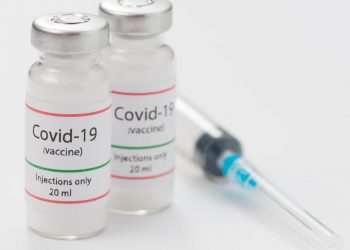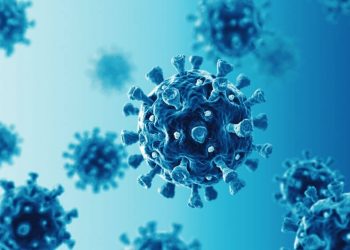Honey beats over-the-counter medications and antibiotics to treat irritating cough, sore throat effectively, and the common cold, a new study claims.
The upper respiratory tract infections (URTIs) affect the nose, throat, bronchi, and larynx, and these are the air passages that lead air from the windpipe to the lungs. The URTIs infections encompass the common cold, laryngitis, tonsillitis, and respiratory tract infections that cause flu.
Honey is considered as a home remedy for cough and cold treatment in children and adults for years now.
The current study, by the researchers from the University of Oxford, conducted 14 clinical trials to compare honey and different treatment procedures that used it as an ingredient for cough, painkillers, and suppressants.
The data from 1,761 participants indicates honey is an effective form of treatment than the usual medications to relieving respiratory symptoms, especially cough. However, all the honey products do not have the same composition, as the authors pointed out that “honey is a complex and heterogeneous substance.”
Besides, the authors also suggested in their study,
“URTIs are the most frequent reason for antibiotic prescription, and a majority of URTIs are viral, an antibiotic prescription is both ineffective and inappropriate.”
The researchers also outlined that the overuse of antibiotics increases the risk of antimicrobial resistance in the human body. Honey has been widely regarded as a traditional treatment for URTI symptoms, but the efficacy is more common in children than in adults. They said,
“Guidelines recommend it for acute cough in children, but the evidence base for honey use for other URTI symptoms and populations has not been evaluated.”
Moreover, they pointed out the advantages of using honey to treat upper respiratory symptoms, with strong evidence in the context of cough severity and cough frequency. The team also suggests that honey is “cheap, easy to access, and has limited harms.”
They concluded that clinicians should recommend honey as an alternative to antibiotic treatment for URTI symptoms because it heals and protects infection.












